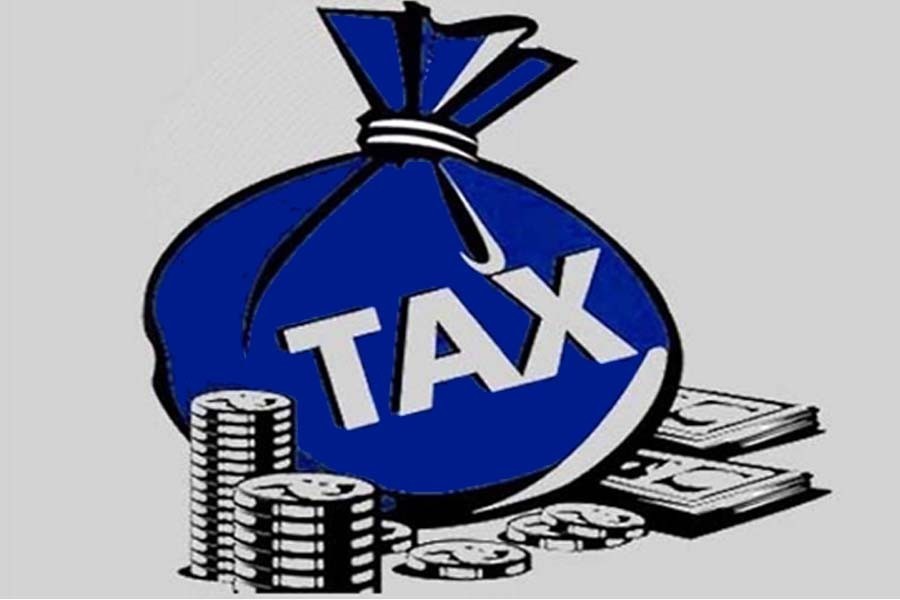The government is likely to offer a complete 10-year tax break in the 2021-22 fiscal budget for investors of 250-bed hospitals outside city areas with intent to decentralise health services.
The exemption from payment of corporate taxes will be applicable to new investment in both general and specialised hospitals to be established outside four districts Dhaka, Chittagong, Gazipur and Narayanganj.
Currently, all hospitals have to pay corporate tax at a rate of 32.5 per cent on their annual income.
The National Board of Revenue (NBR) may offer the full waiver from payment of taxes to attract investment in health care services outside city areas.
Tax exemption will be applicable from the date of starting commercial operation by investors.
Officials said the NBR might tag some conditions to the tax benefit, including having intensive care unit (ICU) around 5.0 per cent of the total bed.
A dearth of ICUs at public and private hospitals in the country took many lives during the Covid-19 pandemic.
Other conditions include setting up separate units for paediatrics, women health, oncology and body fitness.
Each hospital should have permanent manpower, instead of the hired one, under it to avail the facility.
Sources said the government is expecting Tk 100-billion investment in the next five years in this sector as an outcome of the tax holiday facility.
Officials said the government has felt the necessity for tax incentives after weaknesses of health care services exposed during the pandemic.
All major hospitals with modern facilities have been established in city areas, depriving people living elsewhere, tax officials said.
They said the government might also offer exemptions from other duty taxes for investors of those hospitals for importing machinery.
A section of people goes outside of Bangladesh and also rushes to the city for better health care for want of a decentralised facility.
The NBR, for the first time, is offering such tax break to attract investment in health care services following a recent crisis in the sector.
Khondaker Golam Moazzem, additional research director at the Centre for Policy Dialogue, hailed the move but suggested that the government focus on basic health care services through community clinics.
The leading think tank also sought tax incentives in the upcoming budget to woo investment in private health care services in the specialised sector.
The investment-GDP ratio on health care is a paltry 0.92 per cent which needs to be escalated, he told the FE.
The government is committed to ensuring health care for all but resource constraints prompt it to focus on education and social safety net first, Mr Moazzem added.
Allocation in the health sector is 5.5 per cent of the total budget while personal health expenditure of people is 74 per cent in Bangladesh against 13 per cent in Bhutan, 62 per cent in India, 58 per cent in Nepal and 50 per cent in Sri Lanka, he mentioned.
A vacuum has created in this sector, Mr Moazzem said, adding that private investment can fill it.
He, however, said some conditions must be in place against the offer of tax incentives to thwart abuse.


